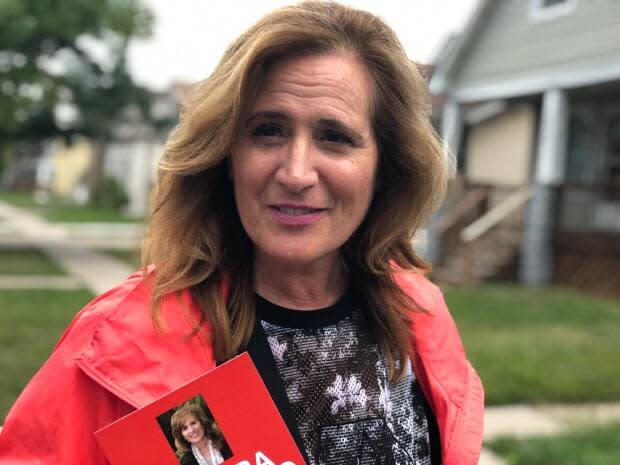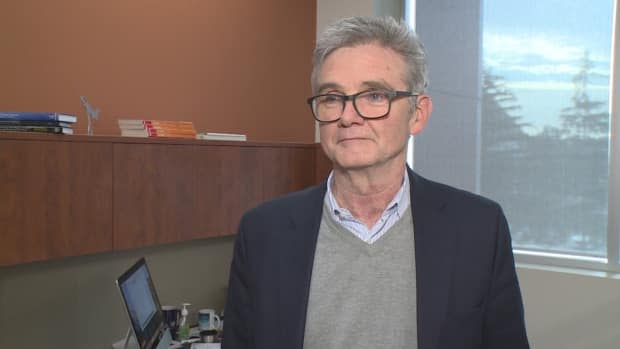3 things at stake for Windsor and other border cities in the U.S. election
The results of Tuesday's presidential and congressional elections could flip the switch on one key thing: Canada's relationship with the United States.
As Americans head to the polls to either re-elect American President Donald Trump for a second term or bring his Democratic opponent Joe Biden into leadership, Windsorites have quite a bit to watch out for depending which way the election falls, according to local experts.
Canada's relationship with the U.S., border restrictions amid COVID-19 and trade are top of mind for the University of Windsor's Cross Border Institute director Bill Anderson and former provincial minister of economic development and trade Sandra Pupatello.
Back to being special?
"I don't think I've ever seen the relationship between the United States and Canada quite as strained as it is now," Anderson told CBC News.
Because of this Pupatello said that with new leadership, it might be good for Canada to not feel as though it's "walking on eggshells."
"I think half the time we're left with our mouth gaped open and what are you supposed to say? You want to be polite, but I mean, come on," she said.
Anderson agreed that should Biden win, the two countries will go back to having a stronger working relationship.
"I think the feeling that Canadians have is that under the current administration, there has not been as much of an attitude that the relationship between Canada and the United States is really special. And I think that is something that Canadians have sort of depended on, relied on, for many years," he said.
"For border towns, naturally, I think that's a good relationship to have ... so maybe if it's a Biden administration things will get back more to the way they were in the past."

Crossing over again?
In the early days of COVID-19 pandemic, the decision was made to close the border between the U.S. and Canada.
Trump and Trudeau have allowed essential workers and made other small exceptions to the rule, but for the most part the border remains sealed off. That has had a significant impact on the lives of many Windsorites.
As the pandemic continues to progress, Anderson said it will be essential for the country's leadership to expand its plan for combating COVID-19 if there is any hope of a reopening any time soon— something he thinks will only happen if both regions are on the same page.
"In order to get some of the restrictions that are currently on the border eased safely it's going to take cooperation between the United States and Canada. I don't think either side could do it unilaterally," he said.
"So I think the important thing there is in terms of the ability of the Canadian government and the U.S. government to cooperate on coming up with some sort of a plan to do that."

He continued to say that in general, the two countries have had opposing views on the pandemic due to their leaders and that if Biden wins "that view of the pandemic would be more similar between the United States and Canada, so that might make it easier to come up with some sort of a plan to start to relax some of the border restrictions."
Meanwhile, Pupatello compared just how drastically different COVID-19 has unfolded state-side in light of the situation in Windsor.
"It is actually quite astounding that an international border, it's a brick wall when you want it to be because a virus doesn't know a boundary and yet the numbers are so completely different in terms of how we're faring. And we're actually faring very well. And I feel bad for states so close, like Michigan, that are really struggling," Pupatello said.
Protectionist Democrats?
Should Biden win, both Pupatello and Anderson said there's no reason to believe that that will help trade as Republican administrations tend to be more pro-trade than the Democrats.
For these reasons, Anderson said the subject of trade is "ambiguous." at this time.
"I'm not sure how much the policy will change, but the behaviour will change," Pupatello said.

